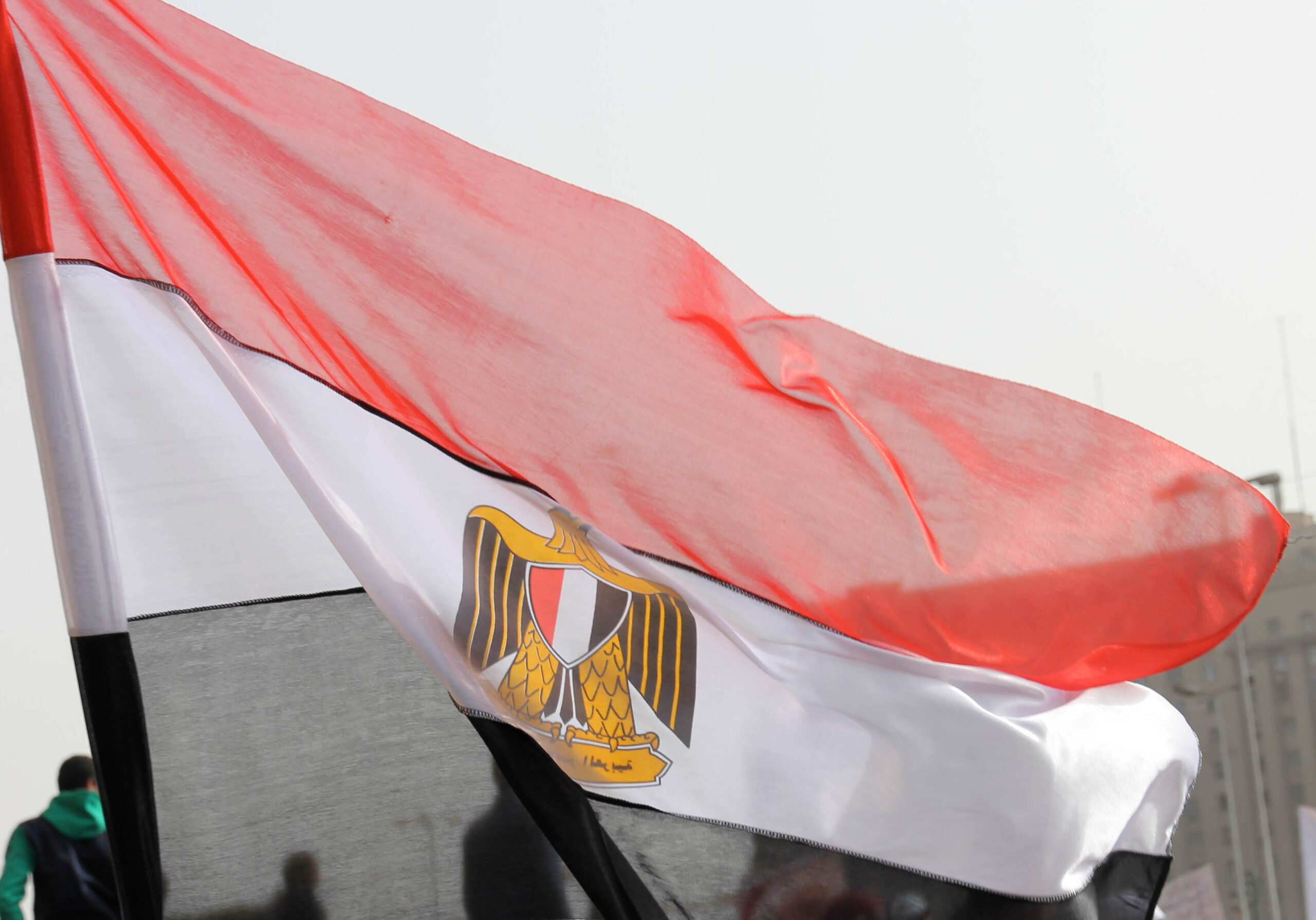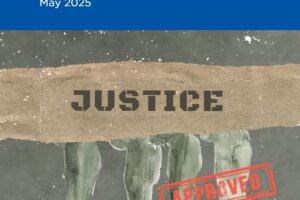The ICJ strongly condemns two rulings by the Minya Criminal Court issued today. In the first ruling, the court convicted and sentenced to death 683 individuals.
Charges included killing a police officer, attacking the Adawa police station, destroying public property, and seizing weapons.
Of the 683 sentenced, only 80 individuals were under arrest.
No defense was presented in the first session, as neither the defendants nor their attorneys were present.
The second session today lasted fifteen minutes, and only the court’s decision was given.
Under Article 381 of the Egyptian Criminal Procedure Law, the decision will now be sent along with the case files to the Grand Mufti to approve the death sentences.
The ICJ is deeply concerned that the right to life and the right to a fair trial, including the presumption of innocence and right to defense, are being flagrantly violated in Egypt.
“The right to life is the most fundamental and basic human right,” said Said Benarbia, ICJ Director of the Middle East and North Africa Programme.
Accordingly, the ICJ opposes the death penalty in all cases as a violation of the right to life.
The sentences today came alongside the confirmation of death sentences in an earlier mass trial in Minya.
On 24 March, the same court sentenced 529 individuals to death for attacking a police station, killing a police officer, and other charges.
Both alleged attacks in Minya came following the dispersal of the 14 August pro-Morsi sit-ins.
Today the court confirmed the death sentence for 37 of these individuals, and imposed 25 years imprisonment with hard labor for 492 individuals.
According to one defense lawyer, there were violations of fair trial guarantees throughout the entire trial process of both cases, including limited access to the accused in prison.
The ICJ is further concerned that Egyptian courts are increasingly politicized and used as a tool of repression.
“Trials with heavy-handed sentences should not be used to repress and intimidate political opponents,” Benarbia addd. “The climate in Egypt is currently one where individuals are being prosecuted and sentenced for exercising their right of freedom of association and assembly.”
Contact:
Said Benarbia, ICJ Director of the Middle East and North Africa Programme, tel +41 22 979 38 17, e-mail: said.benarbia(a)icj.org




